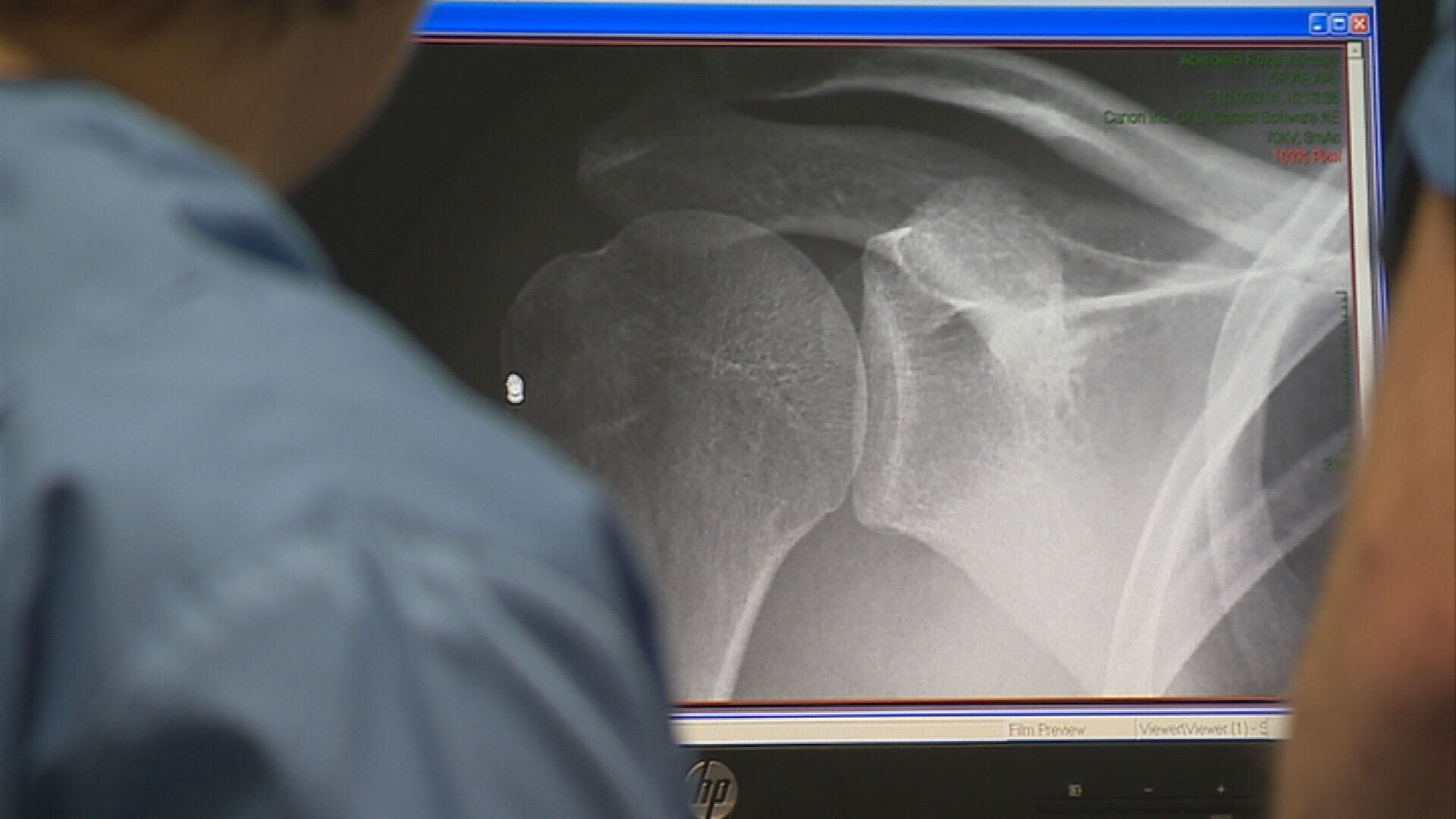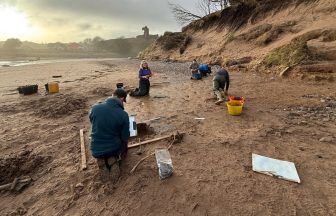Amy McConnachie once feared her inflammatory arthritis would derail her dream of becoming a doctor.
The Dundee medical student was diagnosed with the condition in 2022, aged 17.
“My hands are really weak – I struggle opening jars or cutting things, which affects everything in day-to-day life,” she says.
Now 20 and in her final year of medicine, Amy says she’s lucky to have strong support from her university and rheumatology team – but it hasn’t always been that way.
“I suffered with chronic pain and hypermobility from a young age,” she said. “Once I was diagnosed, I was put on medication almost immediately, which stabilised me. I was also referred to a pain clinic, which helped me manage my chronic pain effectively. Without that, my mental health would have really deteriorated.”
At school, she says, support was harder to come by.
“I felt my health was not a priority for my teachers because I did well at school. This made things hard for me in school as I was silently struggling. It’s the small things that make the biggest difference. At one point, I asked my school for a supportive chair, but I was refused. I had to fight to get the smallest things in place.
“I’m also sometimes frustrated by the attitudes of other healthcare professionals who look at me and take pity, because all they see is a young person with arthritis.”
 STV News
STV NewsNow preparing to graduate, Amy is optimistic about her future but concerned about managing fatigue in the long hours expected of junior doctors.
“I’m excited about becoming a doctor, but I’m nervous about how I’ll manage my fatigue. My concern is that I won’t specialise as quickly as my peers. However, I hope by telling my story I can change things for other young people with arthritis. It’s not all bad news, and we can thrive with the right support.”
Amy’s experience reflects the findings of a new report from Arthritis UK, which found Scots with the condition are being left unsupported, facing avoidable pain and struggling to stay in work.
One in two people with arthritis said their condition impacted their ability to work. Of these, four in ten people have stopped work due to their arthritis.
Arthritis affects one in three people across Scotland and is a leading cause of disability, yet the condition remains largely misunderstood, and many with the condition are not receiving the care and support they urgently need.
As a result, people with arthritis are living with levels of pain, fatigue, mental health challenges and financial strain, according to the report.
 iStock
iStockLauren Bennie, Arthritis UK’s Head of Scotland, said, “More than 1,000 Scots have bravely shared their experiences of living with arthritis and musculoskeletal conditions in Scotland with Arthritis UK. As the leading charity for people with arthritis, we know the reality facing our nation’s workforce.
“Far too many people in Scotland are being pushed out of work because of arthritis. This includes one in three people diagnosed with rheumatoid arthritis on day one of the Scottish Parliament, who will have left the workplace by the end of that same Parliament. What kind of legacy is that for any party in government?
“This is a public health issue that demands urgent action. As the Scottish Government selects which health conditions will receive dedicated action plans within the upcoming Long Term Conditions Framework, Ministers and civil servants alike, must recognise arthritis as a major public health challenge and act now to prevent further avoidable harm. With a dedicated action plan, we can ensure every Scot has the right to live the life they choose in a future Scotland free from arthritis.”
Arthritis UK’s survey of nearly 8,000 people – including more than 1,000 from Scotland – found that people from lower-income backgrounds, younger adults, and those with autoimmune inflammatory conditions face greater challenges and barriers to care.
Deborah Alsina MBE, Chief Executive of Arthritis UK, said: “Arthritis is grossly misunderstood, with diagnoses too often delayed or absent. We must tackle the misconception that arthritis is an inevitable part of ageing and improve the diagnosis rates and the treatment available, especially as the number of people with arthritis increases.
“We are sitting on a ticking time bomb of costs that the country will struggle with if it is not properly identified as a major risk to public health.
 STV News
STV News“One of the many reasons arthritis must be considered a major risk to public health is that it is a gateway condition, increasing the risk of other serious diseases like cardiovascular disease and depression. We cannot afford to miss or mistreat arthritis as it can be a warning sign that patients could accumulate other conditions, and with more rapid progression.”
The charity is calling for better training for frontline healthcare professionals, faster diagnosis, and improved access to treatment.
Public health minister Jenni Minto said the Scottish Government was investing £110m this year to speed up access to treatment, including £25m targeted towards trauma and orthopaedics.
“The Long Term Conditions Framework aims to encourage fairer care across all long-term health conditions, better recognising that many people need the same type of support regardless of their circumstances. It will also still allow for specific care and help where appropriate.”
Follow STV News on WhatsApp
Scan the QR code on your mobile device for all the latest news from around the country





























